The HRI 2009 findings point to four key inter-related areas where the wealthy group of donors that comprise the OECD/DAC, in conjunction with other actors, could focus their efforts to improve the quality and effectiveness of humanitarian action:
1. Gaps in understanding and applying good donor practice.
If donors wish to achieve greater impact with their assistance they need to know how to better apply the agreed GHD Principles in their agencies and among their partners in today’s complex and evolving environments. This process could be facilitated by engaging in wider discussions with all stakeholders, including non-traditional donors, about how donors can best support effective humanitarian action. Clear practical guidance is needed to apply concepts of good donor practice in different crisis contexts, and the HRI findings offer evidence and practical examples of good practice to support this urgent task.
2. Barriers to access populations in need of humanitarian assistance.
Donor governments are encouraged to look for ways to overcome the barriers that impede effective access to much-needed humanitarian assistance through the development of policy guidelines and common but flexible approaches to access issues. These range from humanitarian diplomacy at the highest levels to operational support and resources at the field level.
3. Failures in protection of populations at risk.
More should be done to prioritise the protection of people at risk or affected by crises in order to protect their lives and dignity. Donor governments should consider supporting agencies with a protection mandate, such as the International Committee of the Red Cross (ICRC), in developing and implementing operational guidelines for protection. They should also consider combining this with their own high-level diplomatic efforts to ensure protection is recognised and respected by all parties in a conflict or crisis.
4. Continued neglect of prevention and preparedness.
Donor governments should consider prioritising investment in disaster risk reduction and contingency planning to minimize the impact of disasters. In natural disasters, the role of the state needs to be recognised and local capacities should be considered in the early stages of the response. Donors should also consider developing and supporting conflict preparedness and prevention strategies to reduce the loss of lives and suffering caused by conflicts.

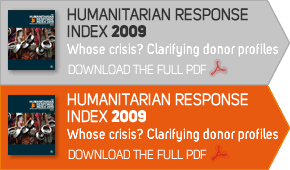
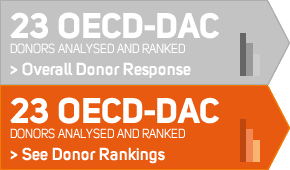
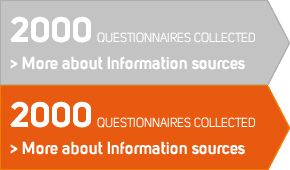
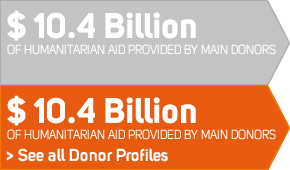
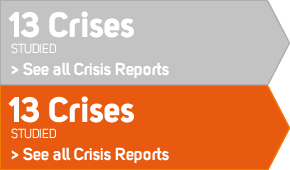

Share this